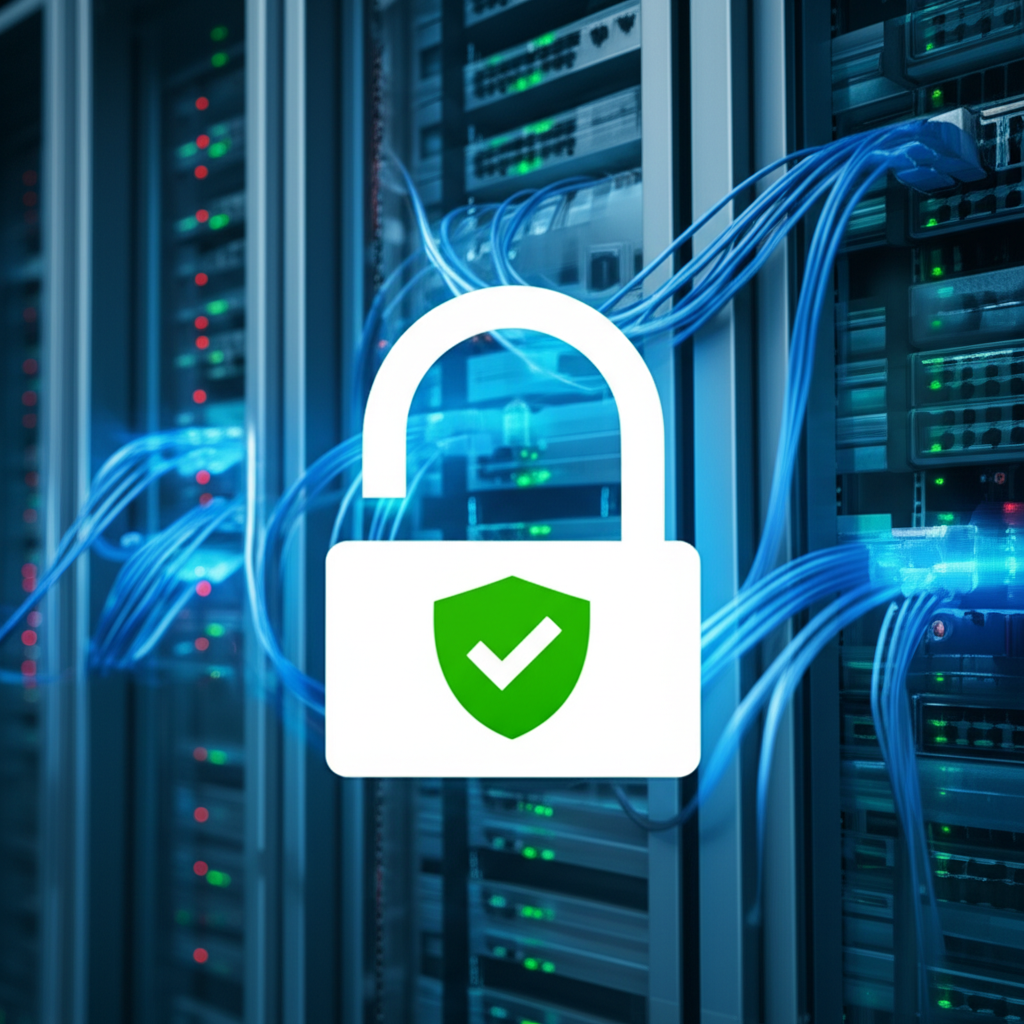- Mastering Secure Your Website with SSL Certificates
- Types of SSL Certificates
- Effortless SSL Implementation
- The Crucial Role of Secure Hosting in Website Protection
- Key Features of Secure Hosting
- Secure Your Website: A Comprehensive Approach
- Beyond the Basics: Additional Security Measures
Secure Your Website: Effortless SSL & Hosting Protection
Secure your website is paramount in today’s digital landscape. With cyber threats becoming increasingly sophisticated, ensuring robust protection for your online presence is no longer optional but essential. A secure website builds trust with visitors, improves search engine rankings, and safeguards sensitive data from falling into the wrong hands. This article will delve into the vital components of website security, focusing on effortless SSL implementation and robust hosting protection.
Mastering Secure Your Website with SSL Certificates

SSL (Secure Sockets Layer) certificates encrypt the data transmitted between a user’s browser and your website server. This encryption prevents eavesdropping and data breaches, assuring visitors that their information is safe. Recognizable by the padlock icon in the browser’s address bar and the “https” prefix in the URL, SSL certificates are a cornerstone of online security.
Types of SSL Certificates
Several types of SSL certificates cater to different needs and budgets:
Single Domain SSL: Ideal for securing a single website, this is the most common and cost-effective option.
Wildcard SSL: Perfect for securing multiple subdomains under a single domain (e.g., blog.example.com, shop.example.com). This simplifies certificate management, as you only need one certificate for all subdomains.
Multi-Domain SSL: This certificate secures multiple unrelated domains (e.g., example.com, example.net, anotherdomain.com) under a single certificate. It’s a convenient solution for managing multiple websites.
Extended Validation (EV) SSL: Offering the highest level of assurance, EV SSL certificates display the company name in the address bar, providing greater visibility and trust. They undergo a rigorous validation process, making them ideal for businesses handling sensitive financial information.
Effortless SSL Implementation
Securing your website with an SSL certificate is easier than ever. Many hosting providers offer free SSL certificates through Let’s Encrypt, an open certificate authority. The installation process is often automated, requiring just a few clicks. Even for premium certificates, most hosting platforms provide streamlined installation procedures.
The Crucial Role of Secure Hosting in Website Protection
While SSL certificates encrypt data in transit, secure hosting protects your website at the server level. Choosing a reputable hosting provider with robust security measures is crucial for preventing malware infections, data breaches, and DDoS attacks.
Key Features of Secure Hosting
Consider these key features when selecting a hosting provider:
Malware Scanning and Removal: Regular malware scans and automated removal tools are essential for identifying and eliminating malicious code that can compromise your website.
Firewalls: A robust firewall acts as a barrier between your server and malicious traffic, filtering out unauthorized access attempts.
Intrusion Detection and Prevention Systems (IDPS): IDPS actively monitor network traffic for suspicious activity and automatically take action to block threats.
Regular Backups: Automated backups ensure that you can quickly restore your website in case of data loss due to hacking, server failure, or accidental deletion.
Server Hardening: This involves configuring servers to minimize vulnerabilities and improve security by disabling unnecessary services and closing open ports.
DDoS Protection: Distributed Denial of Service (DDoS) attacks can cripple your website by flooding it with traffic. A good hosting provider will offer DDoS mitigation services to protect your site from these attacks.
Secure Your Website: A Comprehensive Approach
Securing your website requires a multi-layered approach encompassing both SSL certificates and secure hosting. By implementing these crucial elements, you safeguard your website and its visitors from a wide range of threats, fostering trust and ensuring the continued success of your online presence.
Beyond the Basics: Additional Security Measures
While SSL and secure hosting form the bedrock of website security, consider these additional measures for enhanced protection:
Strong Passwords and Two-Factor Authentication: Use strong, unique passwords for all website accounts and enable two-factor authentication for an extra layer of security.
Regular Software Updates: Keep your website’s content management system (CMS), plugins, and themes updated to patch security vulnerabilities.
By taking a proactive approach to website security, you can mitigate risks and protect your valuable online assets. Remember that secure your website is an ongoing process that requires vigilance and adaptation to the ever-evolving threat landscape.











Leave a Reply